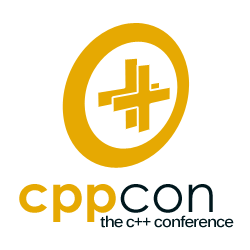Redis Hackathon
Redis (the world's most popular in-memory database) is hosting an online and physical hackathon.
Redis Hackathon
You might be interested in a hackathon that directly relates to C/C++. Sign up as soon as possible because they're starting soon!
There are cash prizes of $5,000, $2,000, $1,000 and on-site (San Francisco and Tel Aviv) prizes of $1000.


 David Schwartz, the Chief Cryptographer of the Ripple distributed payment system, will be presenting a keynote at CppCon 2016 about developing blockchain software in C++.
David Schwartz, the Chief Cryptographer of the Ripple distributed payment system, will be presenting a keynote at CppCon 2016 about developing blockchain software in C++.